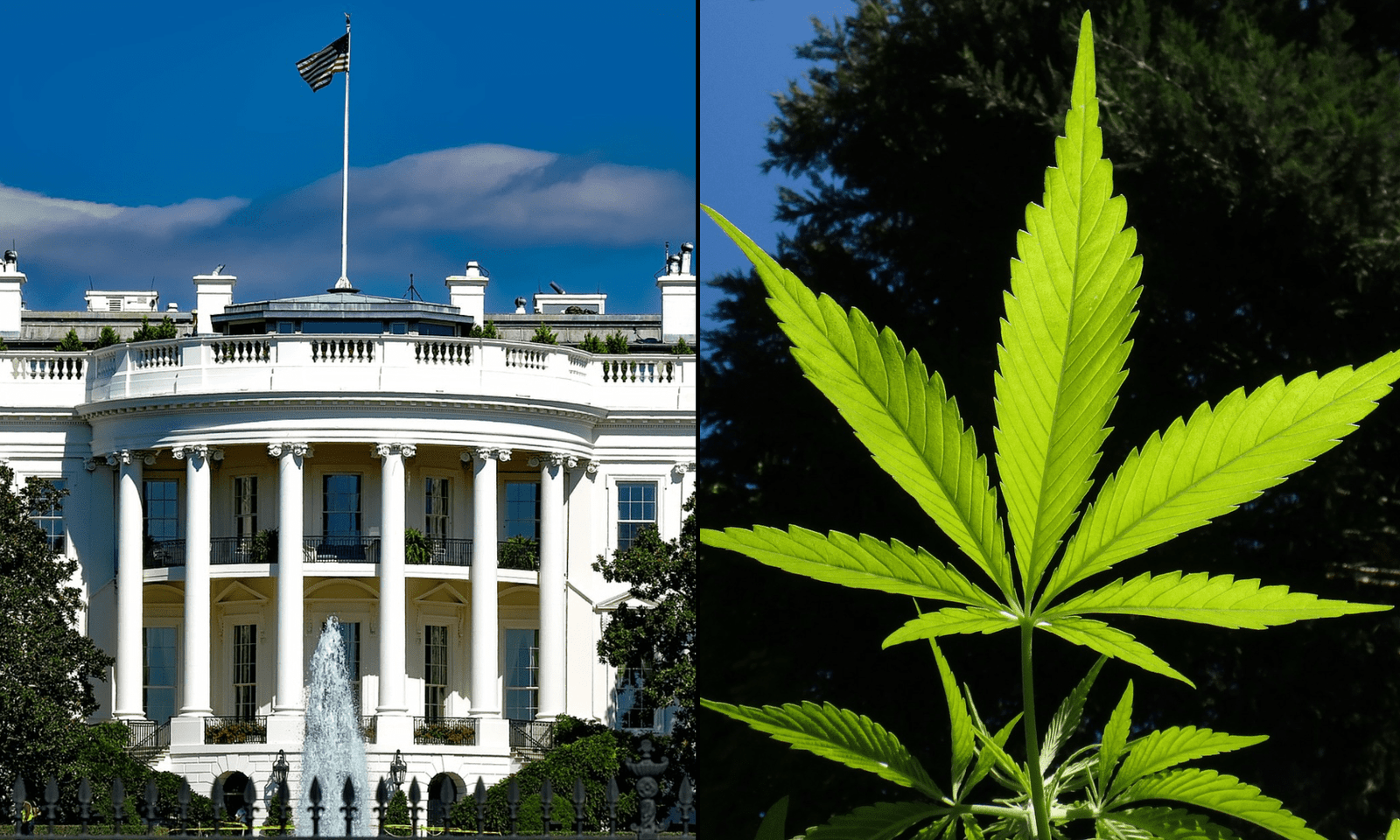Former officials from the Drug Enforcement Administration (DEA) and the U.S. Department of Health and Human Services (HHS) have indicated that marijuana rescheduling may be significantly delayed if President Donald Trump does not advocate for the process. They assert that without his personal support, the rescheduling could be stalled indefinitely.
During a recent virtual event hosted by Ohio State University’s Drug Enforcement and Policy Center, these officials discussed the current state of the drug rescheduling process. They highlighted that proceedings to move cannabis from Schedule I to Schedule III of the Controlled Substances Act (CSA) are currently on hold. This pause may continue if the new administration interprets legal arguments about federal drug policy differently than the previous Biden administration did.
Matt Lawrence, a former senior advisor at DEA, outlined three possible outcomes for rescheduling under Trump’s leadership. The first scenario involves the DEA taking no action at all, which would result in continued delays without an official end to the process. This could include minor administrative updates but would essentially be a path of least resistance.
The second possibility is that the DEA might quickly finalize the rescheduling rule if Trump prioritizes the issue. However, Lawrence pointed out that supporters of rescheduling recently received disappointing news, as the White House Office of Drug Control Policy (ONDCP) released a report that did not mention rescheduling or any cannabis reforms among the administration’s top drug policy priorities for Trump’s first year of his second term.
In a third scenario, Lawrence suggested that the DEA could choose to advance rescheduling but might need to propose separate rules to regulate cannabis as a Schedule III drug to comply with international treaty obligations. He emphasized that the political landscape will play a crucial role in determining which path the administration will take, stating, “the biggest thing to predict among those three paths is politics.”
Patricia Zettler, a former deputy general counsel at HHS, also shared her insights at the OSU event. She noted that Trump’s choice for DEA head, Terrance Cole, has extensive experience within the agency, which might not favor rescheduling efforts. Zettler pointed out that institutional norms within the DEA could discourage rescheduling.
She added that while the Office of Legal Counsel (OLC) could issue a new opinion regarding the medical use of cannabis, the simplest approach may be to maintain the current status quo. Zettler concluded that if rescheduling is not a priority, things might continue to stall, representing the path of least resistance.




